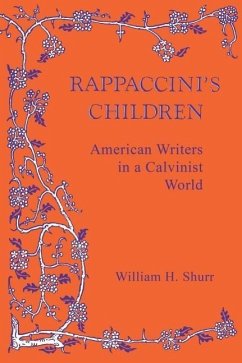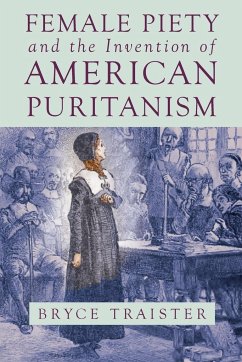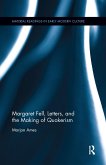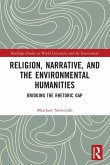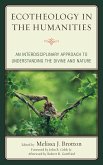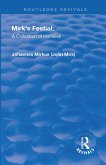Nathaniel Hawthorne's short story "Rappaccini's Daughter" tells of a beautiful girl who has, from birth, absorbed the poison from the flowers of her father's garden. In this allegorical tale of the fallen Garden of Eden, William H. Shurr finds a metaphor for the fate of many American writers, for whom the heritage of calvinism has been the poisoned fruit of the Garden of the New World. For many American writers, the legacy of the Puritan Fathers has been a pervasive sense of sinfulness and guilt in a violent and unforgiving universe. In this new study Shurr examines how these writers have coped with this heritage.
Hinweis: Dieser Artikel kann nur an eine deutsche Lieferadresse ausgeliefert werden.
Hinweis: Dieser Artikel kann nur an eine deutsche Lieferadresse ausgeliefert werden.

